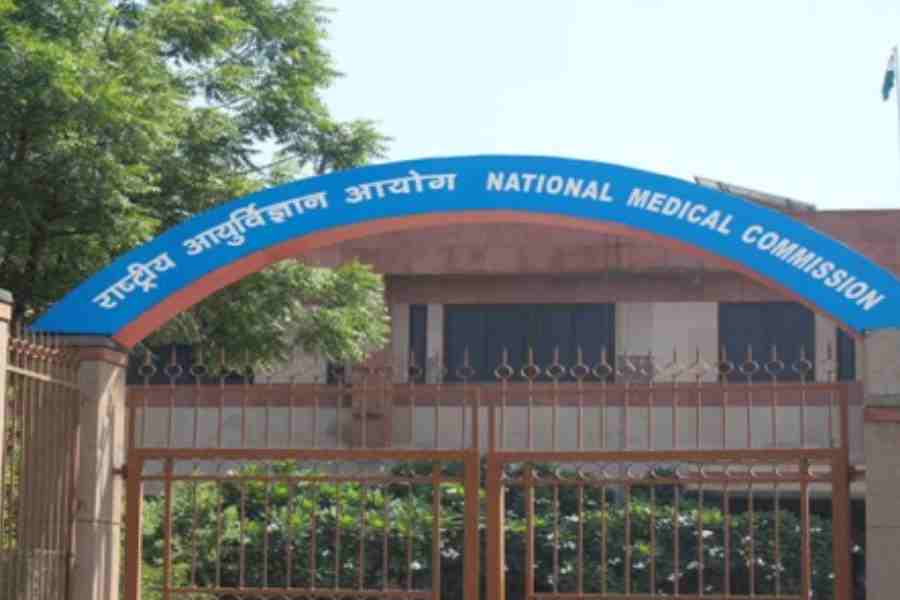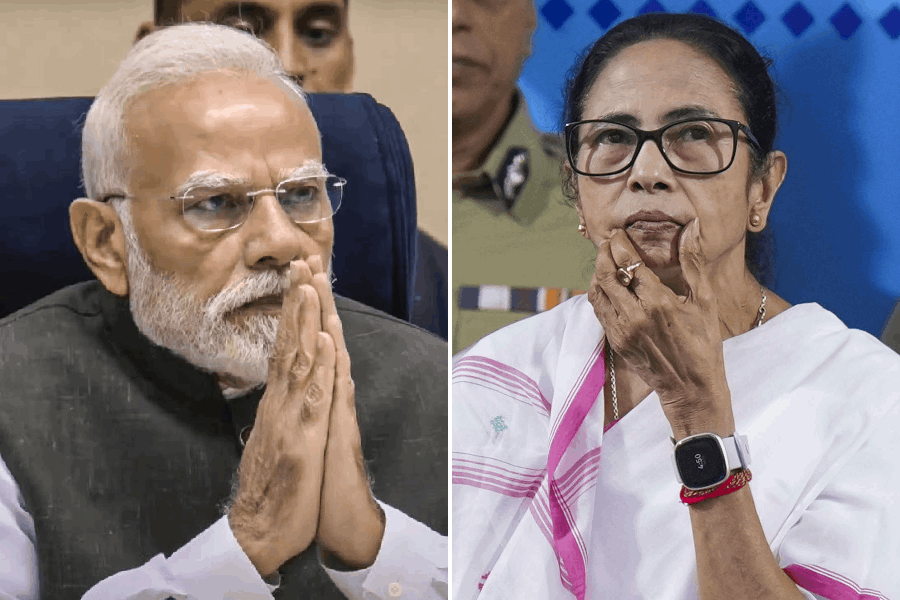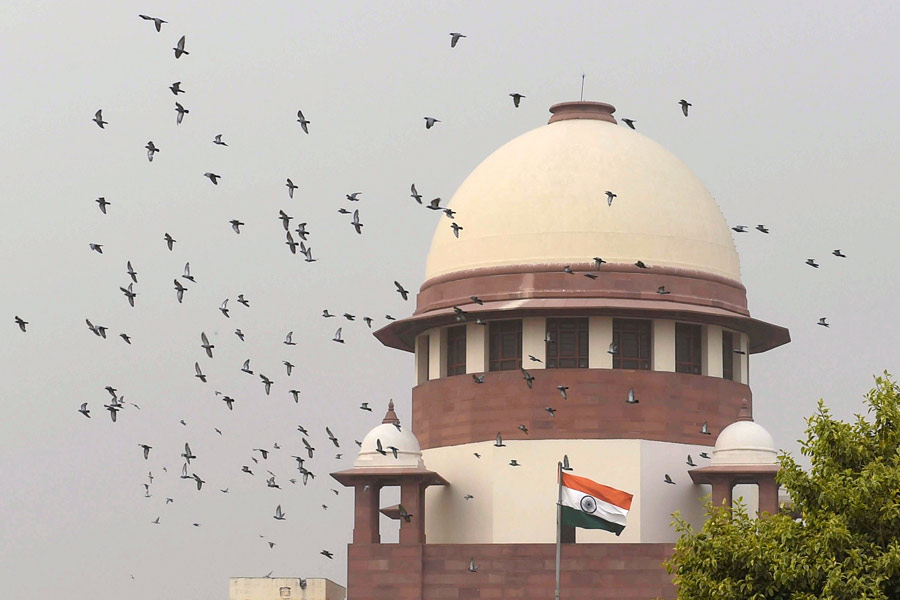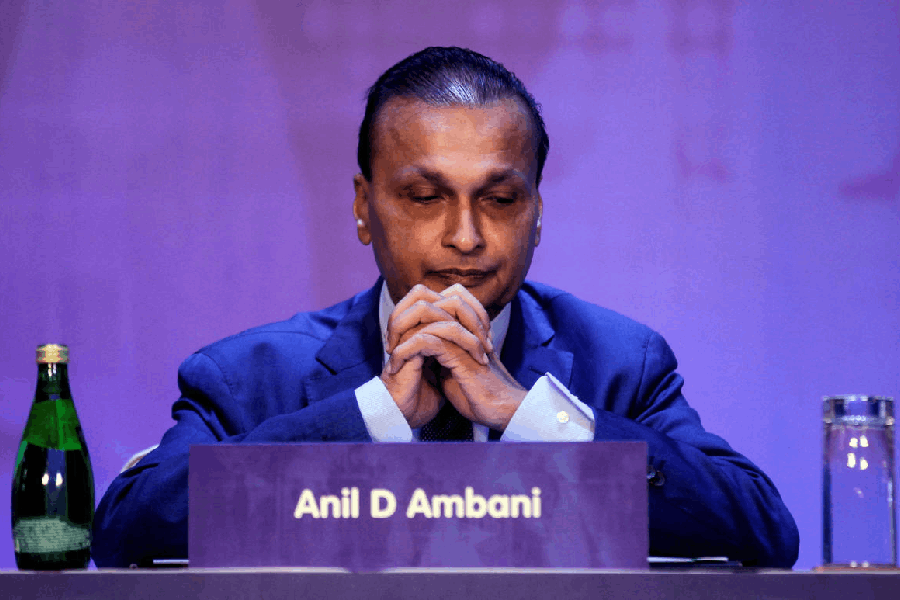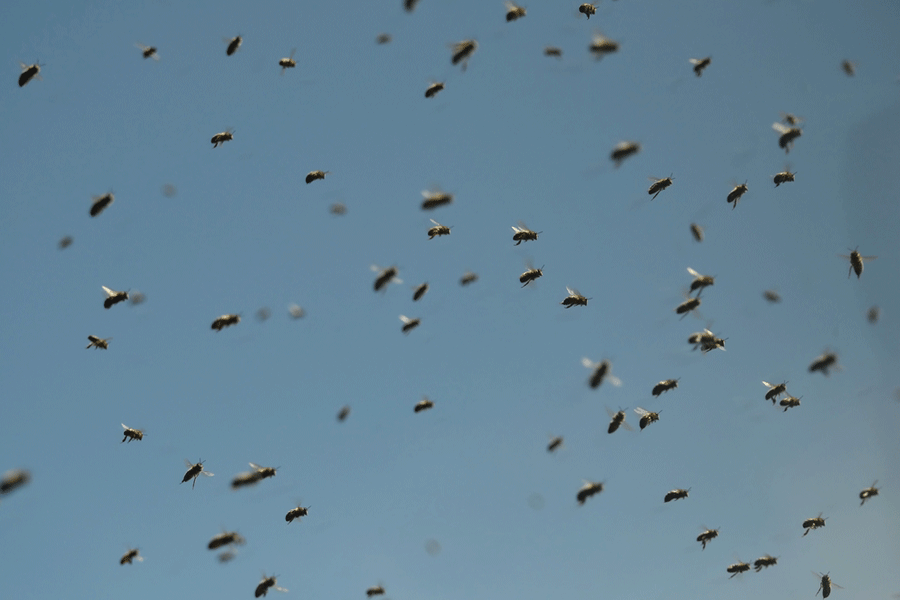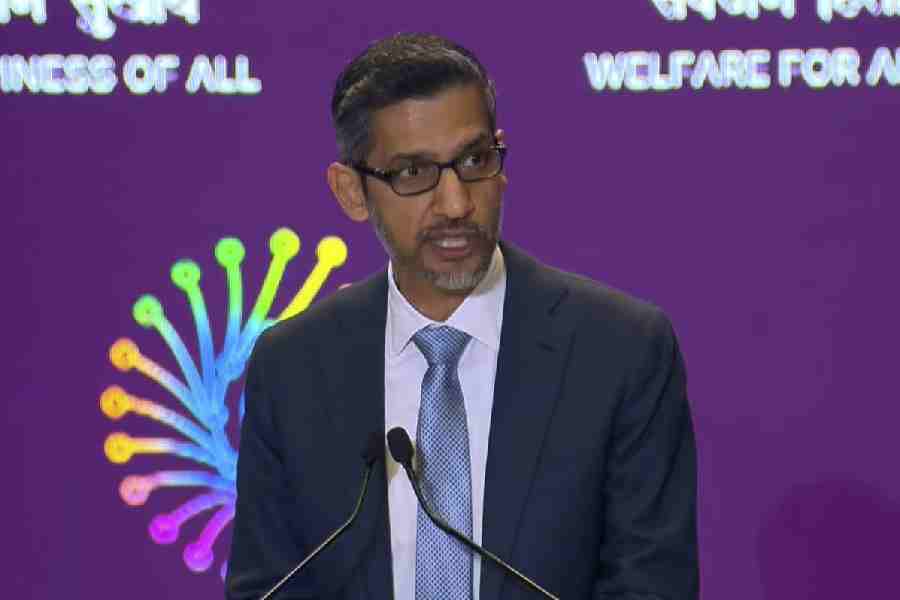India’s apex medical regulatory authority has imposed a ₹50,000 penalty on dozens of government and private medical colleges for defying its orders to submit details of the stipends they have paid to undergraduate interns and postgraduate residents.
Sections of doctors advocating stipend transparency amid complaints about inadequate stipends have, however, described the National Medical Commission’s ₹50,000 penalty as a “gimmick” or a “sham” as it is only 0.5 per cent of ₹1 crore penalty the NMC is empowered to impose.
The NMC, in a March 28 notice to medical colleges, extended the deadline for annual declaration forms with stipend information to April 10, 2025, and imposed a ₹50,000 penalty on colleges that have failed to comply despite its four notices issued in 2024.
The fresh notice comes against the backdrop of complaints from interns and PG residents that many medical colleges are violating NMC guidelines by denying them stipends, and ahead of a Supreme Court hearing on the issue on April 8.
The NMC had on November 28, 2024, issued a showcause notice and a three-day deadline to 115 government and 83 private colleges that had not submitted stipend details.
“The March 28 notice announcing the penalty of ₹50,000 is clearly an eyewash, a sham,” said K.V. Babu, an ophthalmologist in Kannur, Kerala, who has used the RTI Act to track the NMC’s decisions on stipends. “It is a fraction of what colleges will save by not paying due stipends.”
Under NMC regulations, Babu said, the authority is empowered to impose a penalty of up to ₹1 crore for violations or omissions by medical colleges.
Stipends vary across government and private colleges and across states. Undergraduate interns get ₹26,000 per month in government colleges, but some private colleges pay as low as between ₹6,000 and ₹10,000, said N. Arun, the convener of the Indian Medical Association’s students’ network in Kerala.
A private college with 100 students that pays only ₹6,000 as stipend could save ₹20 lakh per month, or ₹2.4 crore a year, Arun told The Telegraph. “The penalty of ₹50,000 looks like a gimmick, such a college could pay the ₹50 lakh penalty and save over ₹2.39 crore.
A query sent by this newspaper to the NMC on Sunday night seeking its perspective on these concerns has not evoked a response.
Babu and lawyer Charu Mathur, an advocate representing several hundred medical interns and residents in multiple petitions filed in the Supreme Court, believe the NMC’s March 28 notice to colleges was intended to create an impression that it was imposing pressure on colleges.
“The NMC appeared to be sincere when this issue of stipends had come up about two years ago,” Mathur said. It had conducted a nationwide survey on stipends, but we haven’t seen adequate follow-up action, he said.
The NMC survey in 2023 followed complaints by sections of students about arbitrary and paltry stipends. For PG students and residents, stipends in government colleges range from ₹50,000 to ₹100,000. But students say some private colleges pay much less.

